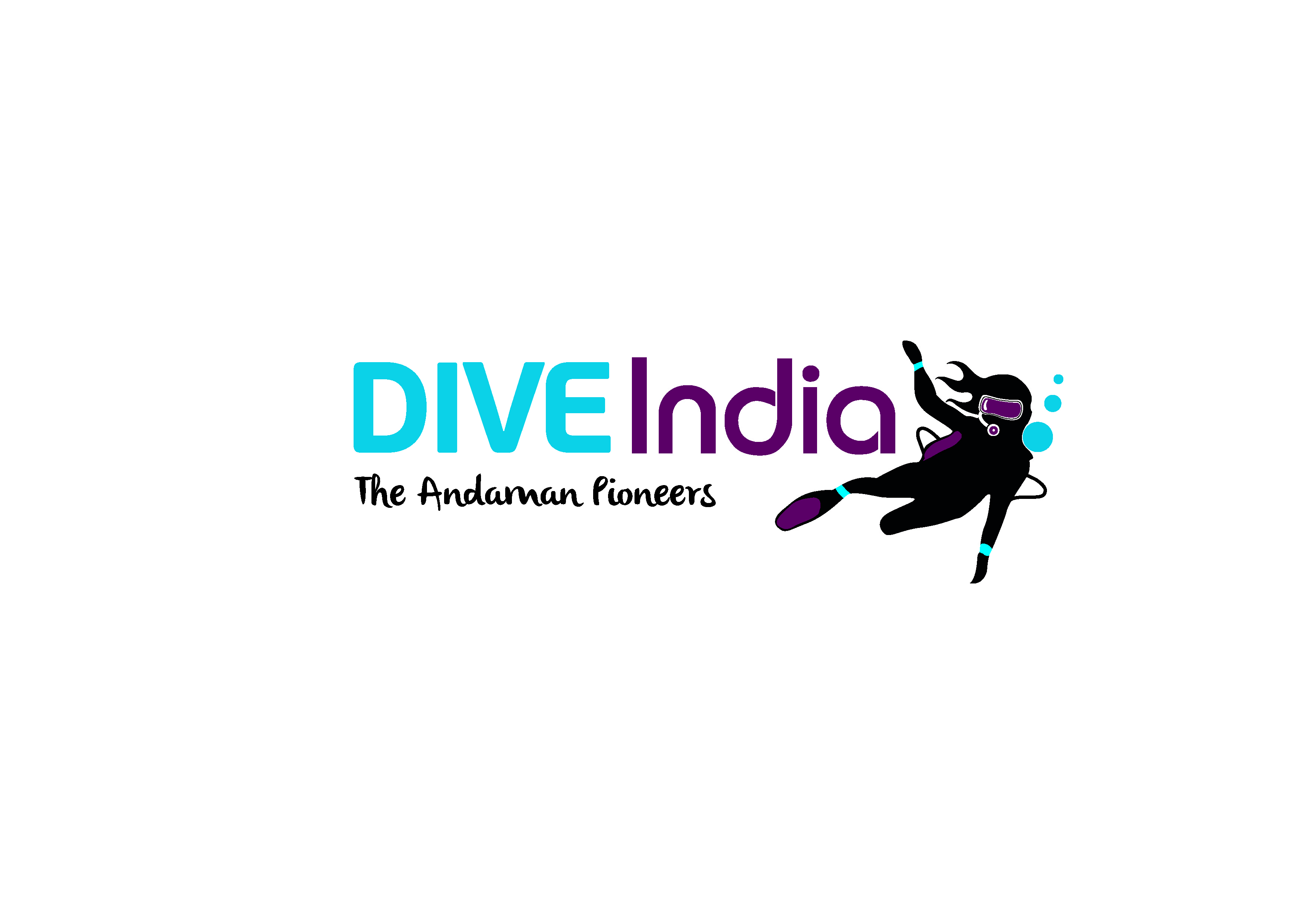One of the downsides of being an instructor for a very long time is the tendency to get set in your ways and become resistant to change. To an extent, that is understandable: I’ve been teaching for 12 years now, and have, through continuous refinement, developed a method that works for me. While this refinement is an always-ongoing process, radical change can often be more disruptive than not. I do try to keep an open mind, but generally speaking, implementing a big change in my teaching process/philosophy only happens if there is an equally big impetus for this change: either I come across a new situation with a student (very rare, these days), or something changes in diving sciences (also not that common), etc.
One area where I have decided to embrace change is Online Learning – where you complete your dive theory online, via the website of dive agencies like PADI and SSI.
Online Learning has been around for a few years now, and I have to admit, I have been a little less-than-enthusiastic in how we’ve embraced this new technology. My rationale has been that the more contact time I have with a student – be it in the water or in the “classroom” (if our beachside tables can be called that!) – the more time I have to get to know them (how they think, are they nervous, what sort of instruction method will be best for them, etc). And the more customised I can make my course for my students, the more effective and efficient their training.
With that in mind, I have always felt that online learning removes an element of this instructor-student contact. In addition, there may also be a greater cost to the students (in terms of registration fees). So while we certainly have pointed people out to the Online Learning sections of the PADI and SSI websites when they inquire, we haven’t been actively pushing it.
However, recently we’ve had a stream of students who’ve completed their dive theory online and it has been a bit of a revelation for us.
When the student comes to the dive center having already completed Online Learning, we – as instructors – do not have to spend as much time with them covering the basics (and let’s face it – the basics of scuba, at least at the Open Water are indeed very simple and do not require extended training to master). What has happened is that suddenly, freed from the time demands of teaching the basics, we have a lot more time to build upon the basics. This allows us to use the instructor-student contact time to expand upon the minimum knowledge requirements and get into more detail on refining buoyancy concepts, teaching about marine life, decompression theory, etc.
So as it turns out, online learning has not resulted in reduced student contact – the student contact time remains the same, but we are able to use it to add more concepts to the student’s learning.
Consider us converts!
Online learning can be done here:
PADI: http://www.padi.com/elearning-scuba-registration/
SSI: http://www.divessi.com/online_training
NAUI: http://www.naui.org/elearningdemo.aspx


